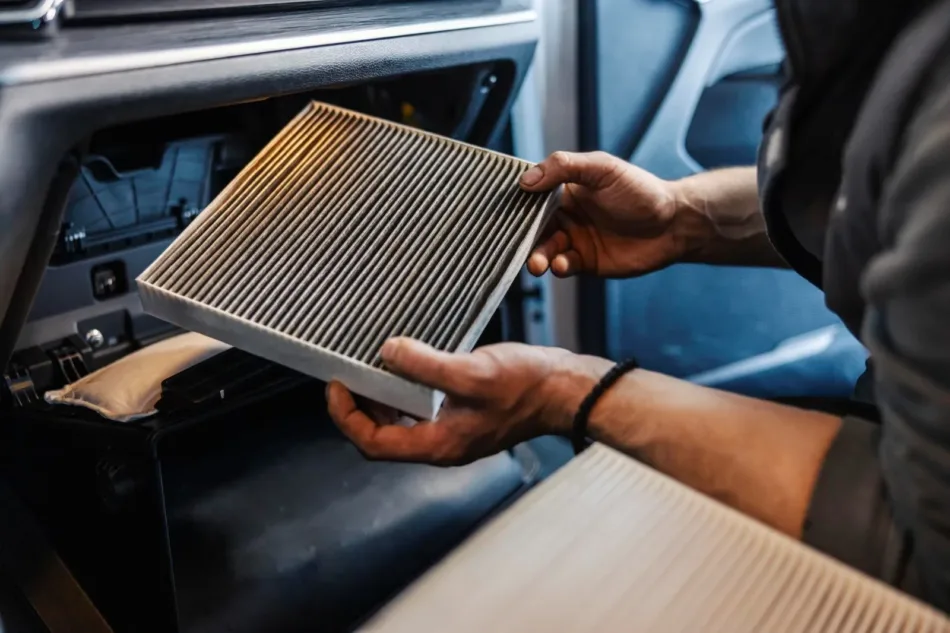When was the last time you swapped out your car’s filters? If you can’t remember, you’re not alone, but it might be time to take a look! Keeping up with filter replacements is one of the simplest ways to ensure your car continues to run smoothly and efficiently. Think of it as giving your vehicle a breath of fresh air! Let’s explore why these small components are so crucial.
Why Your Car’s Filters Matter
Your vehicle relies on a few key filters to keep everything running at its best. Here’s a quick overview:
Air Filter: This is your car’s equivalent of lungs, it stops dirt, dust, and debris from clogging up the engine.
Cabin Air Filter: This one ensures you’re breathing clean air inside your car by trapping dust, pollen, and pollutants.
Oil Filter: Keeps contaminants out of your engine oil, ensuring proper lubrication for all parts.
Fuel Filter: Stops dirt and debris from reaching your fuel injectors, helping the engine perform efficiently.
What Happens if You Ignore Filter Replacements?
Filters don’t last forever. Over time, they accumulate debris and eventually get clogged, leading to issues such as:
Reduced Fuel Economy: A dirty air or fuel filter forces your engine to work harder, burning more fuel than necessary.
Sluggish Performance: A clogged air or oil filter can make your car feel slow, cause misfires, or even damage the engine.
Poor Air Quality Inside the Car: If you’re sneezing a lot while driving, a dirty cabin air filter might be the culprit.
Expensive Repairs: If dirt and debris make their way into your engine, you could face costly repairs down the road.
How Often Should You Change Your Filters?
Every car is different, but here are some general guidelines to help:
Air Filter: Every 19,000 to 24,000 kilometers or once a year.
Cabin Air Filter: Every 24,000 to 32,000 kilometers, or if you notice strange smells or weak airflow.
Oil Filter: With every oil change (usually 4,800 to 12,000 kilometers, depending on your car).
Fuel Filter: Every 32,000 to 64,000 kilometers (refer to your car’s manual for specifics).
The Benefits of Regular Filter Changes
Changing your car’s filters on schedule doesn’t just prevent problems, it comes with several perks:
Better Performance: A fresh filter ensures your engine runs smoothly and responds efficiently.
Improved Fuel Economy: Clean filters allow your car to use fuel more efficiently, saving you money at the pump.
Cleaner Air Inside the Car: A new cabin air filter reduces dust and allergens, improving comfort for both you and your passengers.
Fewer Costly Repairs: Regular maintenance now can save you from expensive repairs later on.
A Simple Fix for a Happier Car
Replacing your filters might seem like a small task, but it’s one of the easiest ways to keep your car running at its best. So, the next time you visit the mechanic for an oil change or tune up, make sure those filters are in good shape. Your car and your wallet, will thank you!
Contact us for booking an appointment




